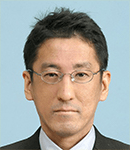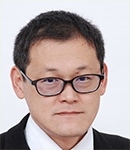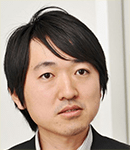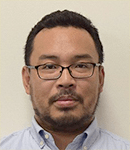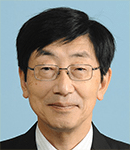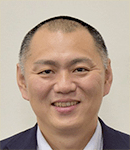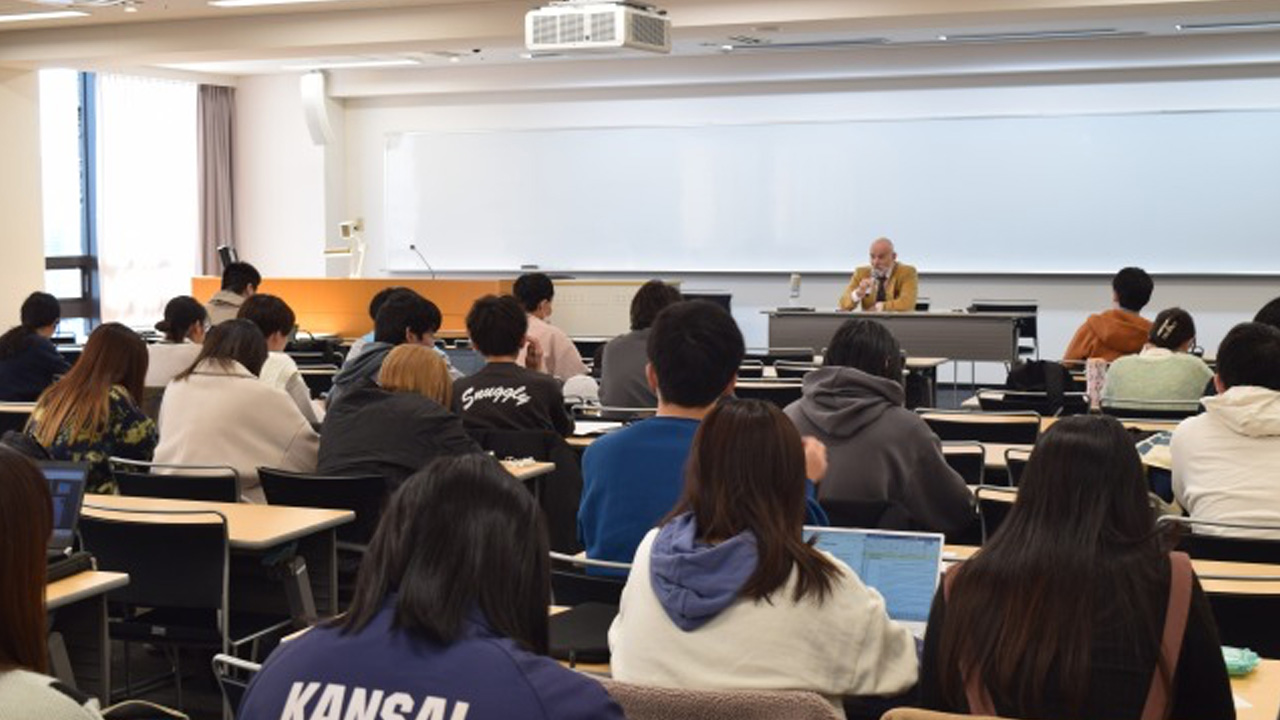PDMPh.D. of Disaster Management Program
TOPIC
The 3rd PDM Seminar 2025
The 2nd PDM Seminar 2025 "The 3rd Networking Meeting"(2)
The 2nd PDM Seminar 2025 "The 3rd Networking Meeting"(1)
Alumni Information : Promotion of Chrioni Tshiswaka Tshilumba, 4th holder of PDM
First Meeting with Montpellier Paul Valery University
Partnership Agreement Signed with Paul Valéry University Montpellier 3, Faculty of Humanities and Environmental Sciences (France)
2nd CRA Disaster and Emergency Management Conference in Bangkok: Field Work by Pierre welcomed by Chayanee
Ph.D student: Mr. Vladimir Enrique Guzmán Javier held a lecture in Kyoto
Interim Presentation : U. Gusman
The 4th PDM Degree Holder, Chrioni Tshiswaka Tshilumba
The 3rd PDM Degree Holder, Brazao Mendes Mario Domingos
The 3rd PDM Seminar 2025
The 2nd PDM Seminar 2025 "The 3rd Networking Meeting"(2)
The 2nd PDM Seminar 2025 "The 3rd Networking Meeting"(1)
Alumni Information : Promotion of Chrioni Tshiswaka Tshilumba, 4th holder of PDM
First Meeting with Montpellier Paul Valery University
Partnership Agreement Signed with Paul Valéry University Montpellier 3, Faculty of Humanities and Environmental Sciences (France)
2nd CRA Disaster and Emergency Management Conference in Bangkok: Field Work by Pierre welcomed by Chayanee
Ph.D student: Mr. Vladimir Enrique Guzmán Javier held a lecture in Kyoto
Interim Presentation : U. Gusman
The 4th PDM Degree Holder, Chrioni Tshiswaka Tshilumba
The 3rd PDM Degree Holder, Brazao Mendes Mario Domingos
【2024/12/17,18】
The 2nd and 3rd PDM Seminar 2024 by Dr.Wolfgang Herbert
【2024/12/17,18】
The 2nd and 3rd PDM Seminar 2024
【2024/12/14】
The 1st PDM Seminar 2024 "The 2nd NETWORKING MEETING
【2024/12/14】
The 1st PDM Seminar 2024 "The 2nd NETWORKING MEETING"
The 2nd PDM Degree Holder! WONGSURIYANAN Chayanee
1st PDM seminar 2024 by Dr. Jinia Mukerjee
International Symposium (in Japanese)
Filming videos on PDM(page in Japanese)
PDM Summer Camp 2019 Study Tour in Kobe (in Japanese)
PDM Summer Camp 2019 (in Japanese)
7th PDM Seminar by Prof. Ivonne M. Radjawane (in Japanese)
6th PDM Seminar with professors of WIFU, Germany (in Japanese)
4th and 5th PDM Seminar by Dr. Dong Han CHANG (in Japanese)
Outline of the Graduate School of Societal Safety Sciences
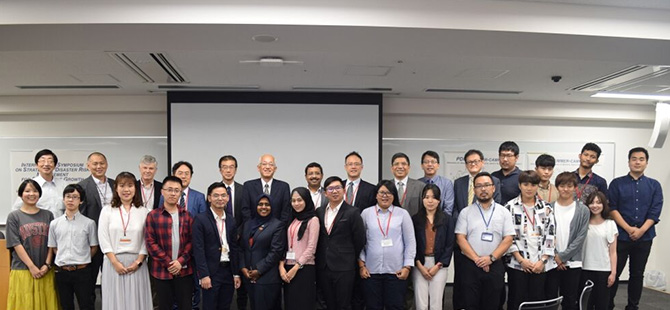
The Kansai University Ph.D. course in Disaster Management (PDM) will prepare you with a high level of analytical skills and knowledge to make a difference in the fields of disaster management, including disaster mitigation, preparedness, response, and recovery. The curriculum combines interdisciplinary training in engineering, economics, psychology, and management in order to produce leaders with innovative ideas for disaster reduction in both practice and the academic field.
The Kansai region, where we are located, is one of Japan’s most disaster prone areas. The 1995 Kobe (Hanshin-Awaji Great Earthquake) is one of the most severe earthquake disasters in human history. The Kansai region has also experienced large scale floods and landslides, such as those that occurred during Typhoon No.12 (Severe Tropical Storm Talas) in 2011 resulting in 82 fatalities. Moreover, Kansai is facing another major threat; earthquakes occurring on the Nankai Trough, which has been occurring regularly every 90–150 years. The possible largest activity of the next Nankai Trough earthquake is estimated to reach as much as M9.1 by the Japanese government, therefore designating it a catastrophe that is a matter of national alert.
Our faculty staff guiding the PDM has been engaged in the study of and recovery from disaster for a long time, and has a rich network with local residents and government. They have also been working on ways to reduce future disaster risks in close collaboration with both local and national stakeholders. Professional research and analysis on cutting edge topics produced in our schools have always been an integral part of this collaboration. With this environment full of opportunities to engage in practical study, PDM students can learn how Japanese disaster management policy works collaboratively with scientists, mass media, government, the private sector, and also how academic researchers can contribute to disaster reduction and disaster management.
-
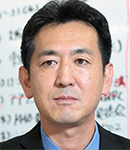
Kazuhiko TAKANO, Ph.D.in Law
Professor, Dean, Graduate School of Societal Safety Sciences -
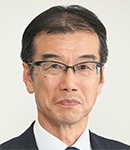
Katsuyuki KAMEI, Ph.D.
Professor, Program Director of PDM
Curriculum Overview:
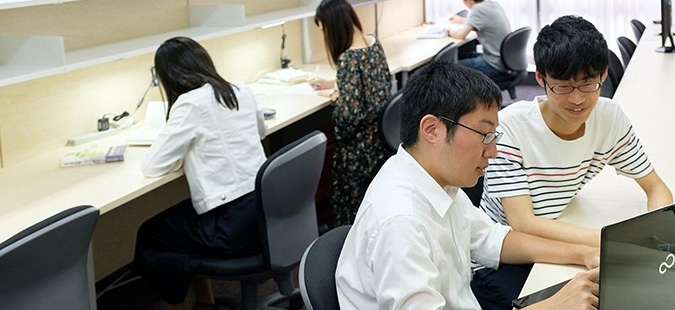
PDM is planned as a 3-year academic program. Students are expected to take at least three lecture classes as electives during the program to build an analytical and conceptual basis of understanding of disaster management. As core requirements, students are expected to take seminar classes to work on for their doctoral thesis under the guidance of one of our full-time professors of their choice. All classes are taught in English. Along with the taught modules, students are expected to participate as co-researchers in research projects that professors in the PDM are engaged in. Through this highly hands on training, students can learn how to work as independent researchers and will have plenty of opportunity to publish research papers. During the third year of this program or later, students are required to write a Ph.D. dissertation on a selected topic under the guidance of a supervising professor.
Faculty Staff
-
Prof. Katsuyuki KAMEI, Ph.D.
Seminar Group Theme: Risk Management A social risk management approach is vital in our modern society as we face complicated social risk. In this course, we try to study the general principle of organizational risk management and its practice from a social risk management viewpoint. The topics addressed in this seminar include (1) contemporary risk control and risk finance, (2) organization of risk management, (3) risk information disclosure as a means of risk communication, (4) strategy and risk management, (5) leadership and crisis management, (6) SMEs and risk management, and (7) safety for schools and children risk management, etc.
E-mail:
kamei@kansai-u.ac.jp -
Prof. Kenji KOSHIYAMA, Ph.D.
Seminar Group Theme: Urban Disaster Reduction Planning Globalization and urbanization are creating new risk of disaster in our society. This seminar focuses on the mechanism of new disaster occurrence and the methodology for disaster reduction from the viewpoint of urban design and planning. Students can learn about development of the disaster management cycle, the vulnerability approach, hazard simulation, environmental design after disasters, and prevention urban planning for disasters. Under this theme, we will take a look at new challenges facing risk reduction logically and practically.
E-mail:
k-koshi@kansai-u.ac.jp -
Prof. Koji ICHII, Dr.Eng., P.E. (Jp.)
Seminar Group Theme: Earthquake Engineering Seismic design of structures is the basis for earthquake disaster mitigation. This seminar focuses on the performance-based seismic design of various types of structures. Students are expected to work on issues related to the practical procedure of performance-based seismic design on structures based on the knowledge of basic engineering seismology, seismic hazard analysis, site response of the ground motion, dynamics of SDOF system and geo-hazards such as liquefaction.
E-mail:
ichiik@kansai-u.ac.jp -
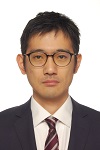
Prof. Daisuke ITO, Dr.Eng.
Seminar Group Theme: Injury Prevention Engineering Injuries are caused by excessive forces acting on the human body and occur in various situations,such as disasters, traffic accidents, daily life, and so on. In this seminar, we will study the mechanism of injury occurrence from a mechanical point of view, and explore injury prevention and mitigation methods.Research methods include computer simulation with human FE models, experiments, case analysis,and statistical analysis of accidents. Students interested in studying the mechanical and non-mechanical factorsthat lead to serious injury incidents are also welcome.
E-mail:
dito@kansai-u.ac.jp -
Prof. Yoshihiro OKUMURA, Ph.D.
Seminar Group Theme: Disaster Reduction and Resilient Society This lecture focuses on a broad field for disaster reduction and measures for a resilient society against a mega disaster, ranging from the mechanism of natural disasters, analysis of people’s evacuation behavior, and implementation of research. The following topics are an example of what will be covered; (1) a tsunami source modeling, (2) numerical analysis of tsunami propagation and inundation, (3) numerical analysis of structural response to a tsunami, (4) development of an evacuation simulation model focusing on evacuation start, and (5) evacuation behavior observation by using UAV.
E-mail:
okumura@kansai-u.ac.jp -
Prof. Tomofumi KOYAMA, Ph.D.
Seminar Group Theme: Geo-disaster Prevention and Mitigation Recently many geo-disasters (such as landslides, slopes collapsing, and liquefaction) have occurred due to torrential rainfall and earthquakes. This seminar focuses on the mechanism of geo-disasters caused by torrential rainfall and earthquakes, and their structural and non-structural countermeasures. Students are expected to come up with solutions to problems related to geo-disaster prevention measures and mitigation using computer simulations, field measurement/monitoring and in-situ/laboratory experiments. Students are also expected to write academic papers and make a presentation at the international/domestic conferences.
E-mail:
t-koyama@kansai-u.ac.jp -
Prof. Shoji TSUCHIDA
Seminar Group Theme: Psychology of Societal Safety This seminar focuses on (1) risk perception, (2) risk communication, and (3) psychological processes in crisis. The field cases, for example, are public acceptance/rejection and consensus formation processes of science/technology (EMF, nuclear, GMO, etc.), and the social psychological responses to disasters and crises (earthquake, tsunami, severe accident, etc.). Theoretical background is based on social psychology regarding attitude structure, emotion, social cognition, self-concept, interpersonal relations, communication, group dynamics, and collective behaviors.
E-mail:
tsuchida@kansai-u.ac.jp -
Prof. Shingo NAGAMATSU, Ph.D.
Seminar Group Theme: Economics of Disasters and Policy Analysis for Disaster Reduction This seminar focuses on disaster management policy as regards economics. Students are expected to learn economic theory of disasters and policy analysis skills such as econometric analysis and cost benefit analysis (CBA), and write academic papers that can contribute to support or challenge existing disaster management theories. Students are expected to also have compassion, an accurate knowledge of scientific facts and policy practices, and an analytical mind to study policies under economic and public policy theory.
E-mail:
nagamatu@kansai-u.ac.jp -
Prof. Shigeo HOSOKAWA, Ph.D.
Seminar Group Theme: Industrial System Safety Industrial systems such as power plants, petrochemical complexes, steel mills and mechanical systems are essential for modern society and daily life. Their safety deeply depends on the mechanical characteristics, and their heat and fluid flow systems. This seminar focuses on the safety of industrial systems from the viewpoint of mechanical engineering, especially thermal-fluid dynamics. The main research topics are understanding, and control and monitoring of heat and fluid flows for system safety.
E-mail:
hosokawa@kansai-u.ac.jp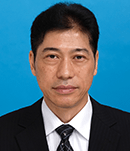
Seminar
【2024/12/17,18】
The 2nd and 3rd PDM Seminar 2024 by Dr.Wolfgang Herbert
【2024/12/17,18】
The 2nd and 3rd PDM Seminar 2024
【2024/12/14】
The 1st PDM Seminar 2024 "The 2nd NETWORKING MEETING
【2024/12/14】
The 1st PDM Seminar 2024 "The 2nd NETWORKING MEETING"
1st PDM seminar 2024 by Dr. Jinia Mukerjee
Application and Admission
Students can enroll at the PDM either from the beginning of April (spring semester) or late September (fall semester). Admissions process begins approximately 3 months before the beginning of each semester. However, applicants should contact the professor they wish to be supervised by in advance.
Visit our website for details.
Outline
Schedule
Application Guidelines
Application Form
Statement
Letter of Recommendation
This program is designed for students whose first language is not Japanese. Applicants are not expected to be proficient in Japanese, but must be proficient enough in English to conduct research in the PDM. We welcome applicants from all countries who have, or expect to have a Master’s Degree in any field. See Application Guidelines for details.
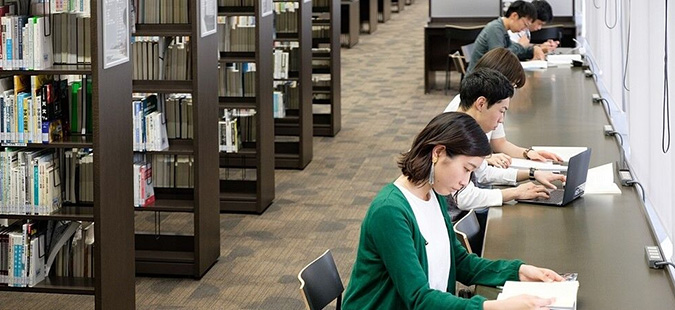
Scholarship
Kansai University provides financial support for selected students. See Application Guidelines for details.
Access:
Take the Airport Express “Haruka” from JR Kansai International Airport and get to Shin-Osaka.
Change to the JR Kyoto line and take the train to Kyoto, and get off at Takatsuki station. (About 90 min. from KIX)
7-1 Hakubai-cho, Takatsuki-shi, Osaka 569-1098 Japan
Tel: +81-72-684-4000
E-mail: safety_science@ml.kandai.jp
https://www.kansai-u.ac.jp/Fc_ss/
PDM
Ph.D. of Disaster Management Program
Graduate School of Societal Safety Sciences
Kansai University

